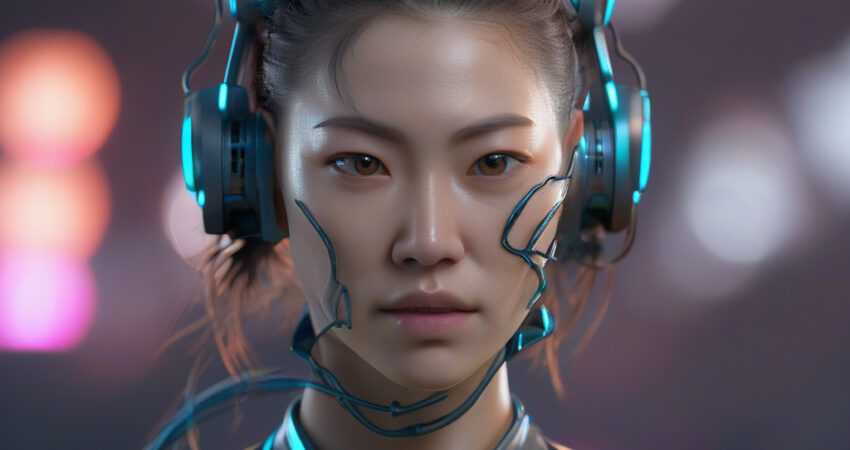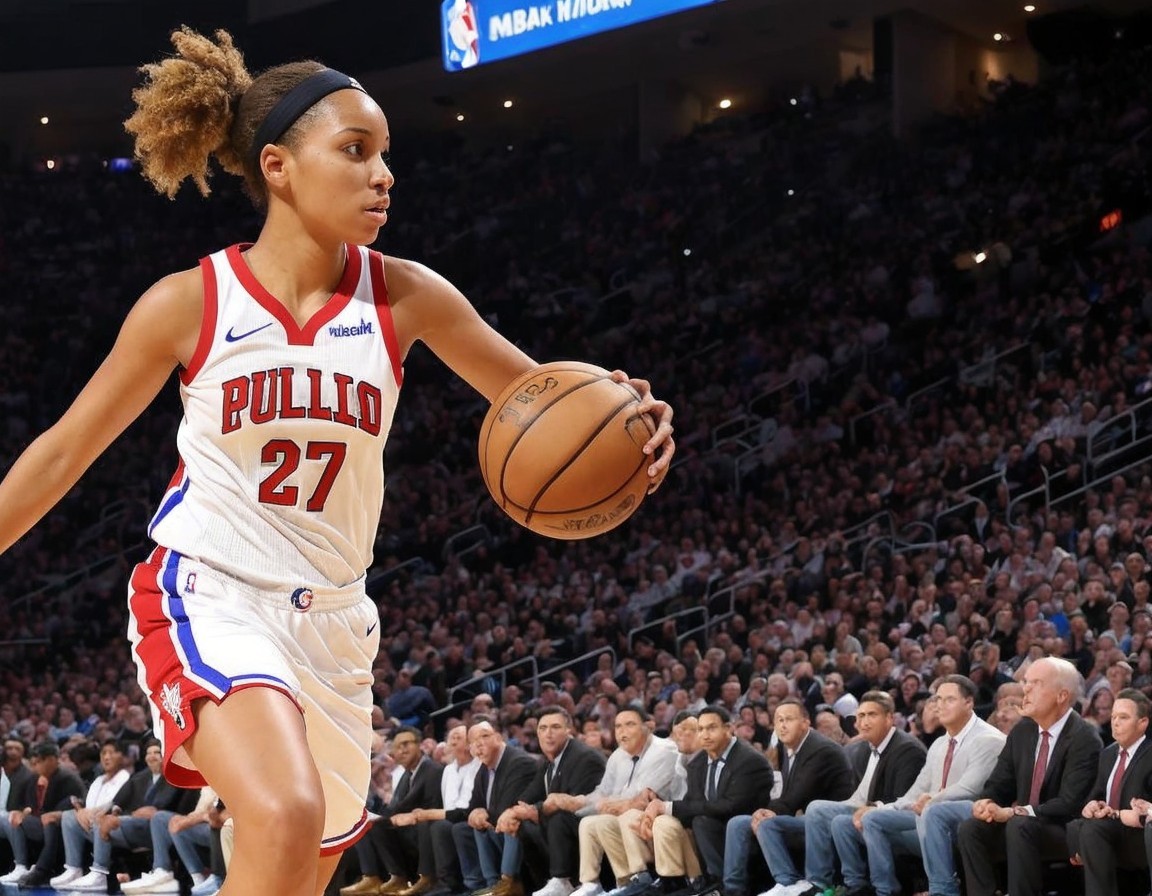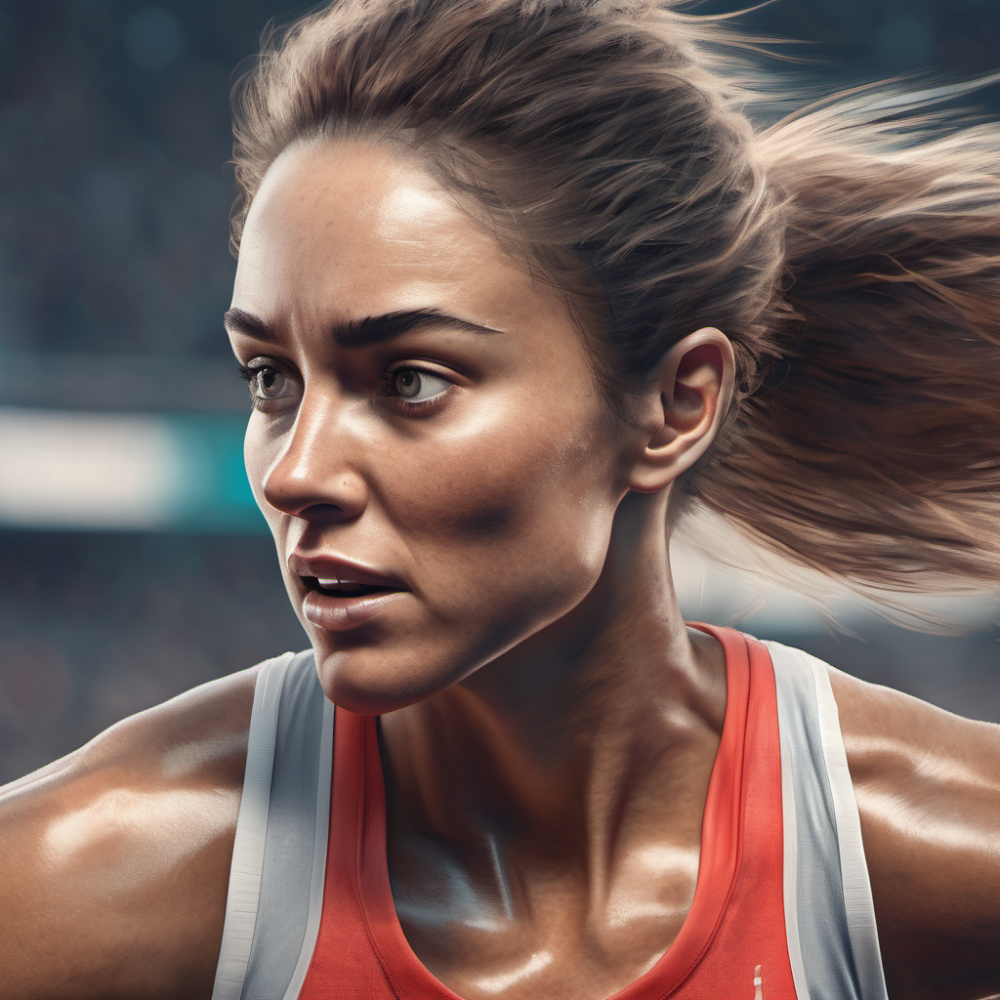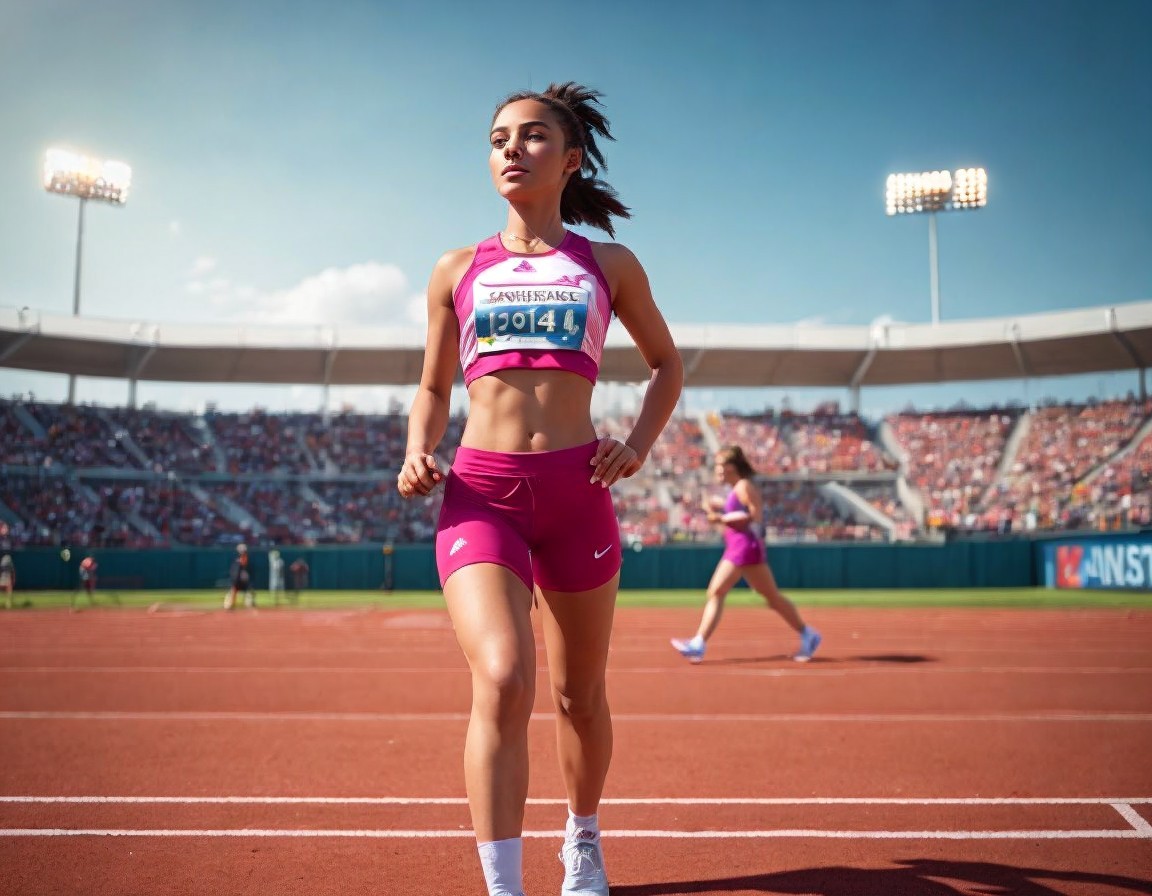
Tim's Web Worx
- April 27, 2024
- Generative AI
In recent years, the convergence of technology and sports has introduced unprecedented opportunities for innovation and advancement. Among these advancements, Generative Artificial Intelligence (AI) has emerged as a powerful tool with the potential to revolutionize various aspects of the sports industry. However, with great power comes great responsibility, and the ethical implications of employing Generative AI in sports cannot be overlooked.
Understanding Generative AI and its Impact
Generative AI, a subset of artificial intelligence, is characterized by its ability to generate new content, such as images, videos, or text, based on patterns and data fed into the system. In the realm of sports, Generative AI holds promise for tasks ranging from performance analysis and injury prevention to content creation and fan engagement.
The Chicago Sky Incident: A Wake-Up Call
The recent incident involving Angel Reese of the Chicago Sky has brought to light the dark side of Generative AI within the sports sector. Reese, a promising young athlete, fell victim to cyber exploitation when AI-generated explicit images of her surfaced online. This alarming incident has underscored the urgent need for protective measures and ethical guidelines to safeguard athletes from such malicious exploitation.

Ethical Implications of AI-Generated Content
The proliferation of AI-generated content in sports raises a myriad of ethical considerations, chief among them being the potential for misinformation and cyber exploitation.
Misinformation and Manipulation
One of the primary concerns surrounding AI-generated content is the ease with which it can be manipulated to spread misinformation. In the context of sports, this could manifest as falsified performance data, fabricated news stories, or even malicious rumours aimed at tarnishing the reputation of athletes and teams.

Cyber Exploitation and Privacy Violations
The case of Angel Reese exemplifies the grave threat posed by AI-generated explicit content, which can be weaponized to target and exploit athletes, particularly young and vulnerable individuals. Beyond the immediate harm caused by such content, cyber exploitation also raises significant privacy concerns and violates the rights of athletes to control their image and likeness.
Protecting Athletes in the Age of AI
As we navigate the complex intersection of technology, ethics, and athlete well-being, proactive measures must be taken to mitigate the risks posed by Generative AI in sports.
Implementing Protective Measures
To effectively safeguard athletes from the harms of AI-generated content, sports organizations, governing bodies, and technology companies must collaborate to develop and implement robust protective measures. These may include enhanced cybersecurity protocols, stringent content moderation policies, and proactive monitoring systems to detect and remove harmful content.
Establishing Ethical Guidelines
In addition to technological safeguards, the development of clear and comprehensive ethical guidelines is essential for guiding the responsible use of Generative AI in sports. These guidelines should prioritize the protection of athlete privacy and dignity, prohibit the creation and dissemination of harmful content, and outline mechanisms for accountability and recourse in cases of ethical violations.
Balancing Human Expertise with AI Capabilities
While Generative AI offers unparalleled capabilities in content creation and analysis, it is essential to recognize that human expertise remains indispensable in navigating the ethical complexities of its application in sports. By striking a balance between AI-driven automation and human oversight, we can harness the benefits of technology while upholding the values of integrity, respect, and fairness in sports.

Conclusion
The incident involving Angel Reese of the Chicago Sky serves as a sobering reminder of the ethical challenges posed by Generative AI within the sports industry. As we strive to harness the transformative potential of technology, we must remain vigilant in protecting the well-being and dignity of athletes. By implementing protective measures, establishing ethical guidelines, and fostering collaboration between stakeholders, we can ensure that Generative AI enhances rather than undermines the integrity and inclusivity of sports.
**read this article on linkeding below









